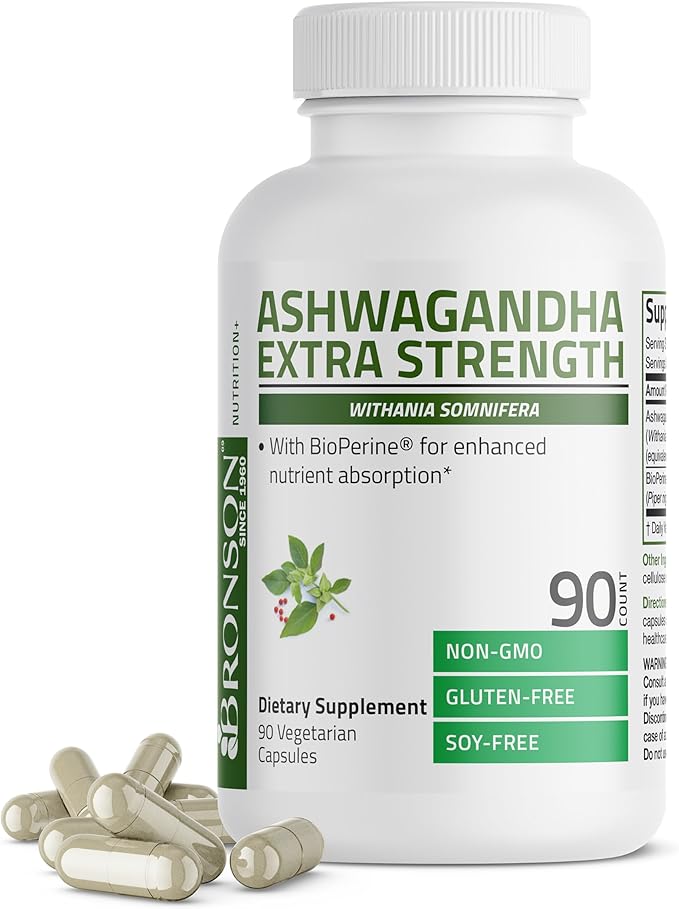Can you take Adenosylcobalamin and Spirulina together?
Interaction Details
Taking Adenosylcobalamin and Spirulina together has the potential for moderate to good synergy, suggesting a rating of 4 out of 5.
The mechanism of synergy between these two supplements lies in their complementary effects on energy metabolism and overall nutritional support. Adenosylcobalamin, a form of vitamin B12, plays a crucial role in the synthesis of ATP, the primary energy currency of the cell, as well as in the metabolism of fatty acids and amino acids. Spirulina, rich in proteins, vitamins, minerals, and antioxidants, can enhance the body's nutritional status, supporting immune function and reducing oxidative stress. The combination may enhance the bioavailability of nutrients and support the body's energy production pathways, potentially leading to improved physical and mental performance. Additionally, the antioxidant properties of Spirulina may protect against potential oxidative damage associated with high energy turnover, further supporting the synergistic effect.
Potential Benefits
Potential Risks
Adenosylcobalamin
Adenosylcobalamin is a form of vitamin B12, crucial for energy production, nerve function, and the formation of red blood cells. It is one of the active forms of vitamin B12, playing a significant role in the metabolism of fatty acids and amino acids.
Spirulina
Spirulina is a type of algae that is rich in nutrients, containing protein, vitamins, minerals, and antioxidants. It has been used as a dietary supplement for its potential health benefits, which include:
